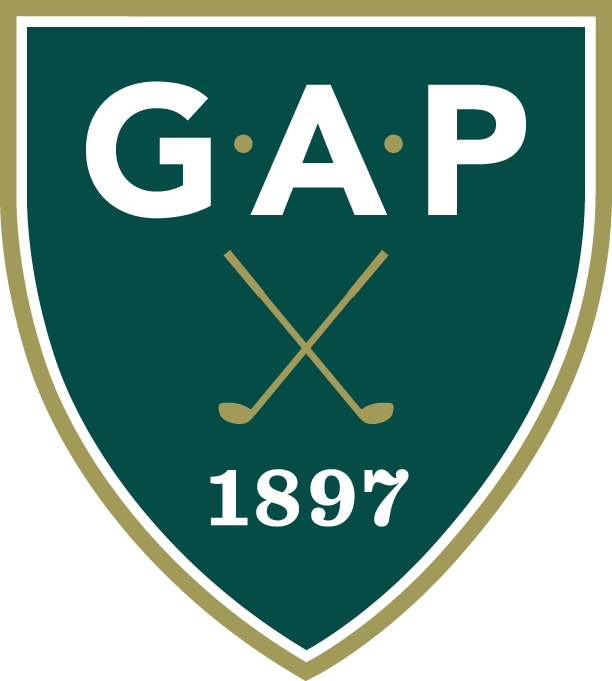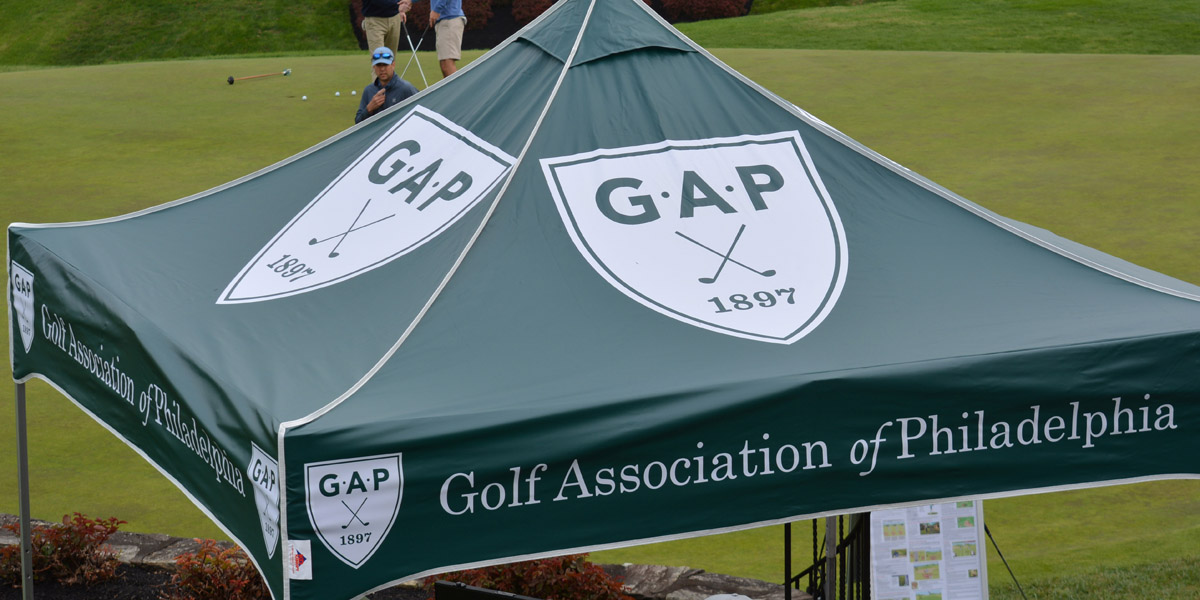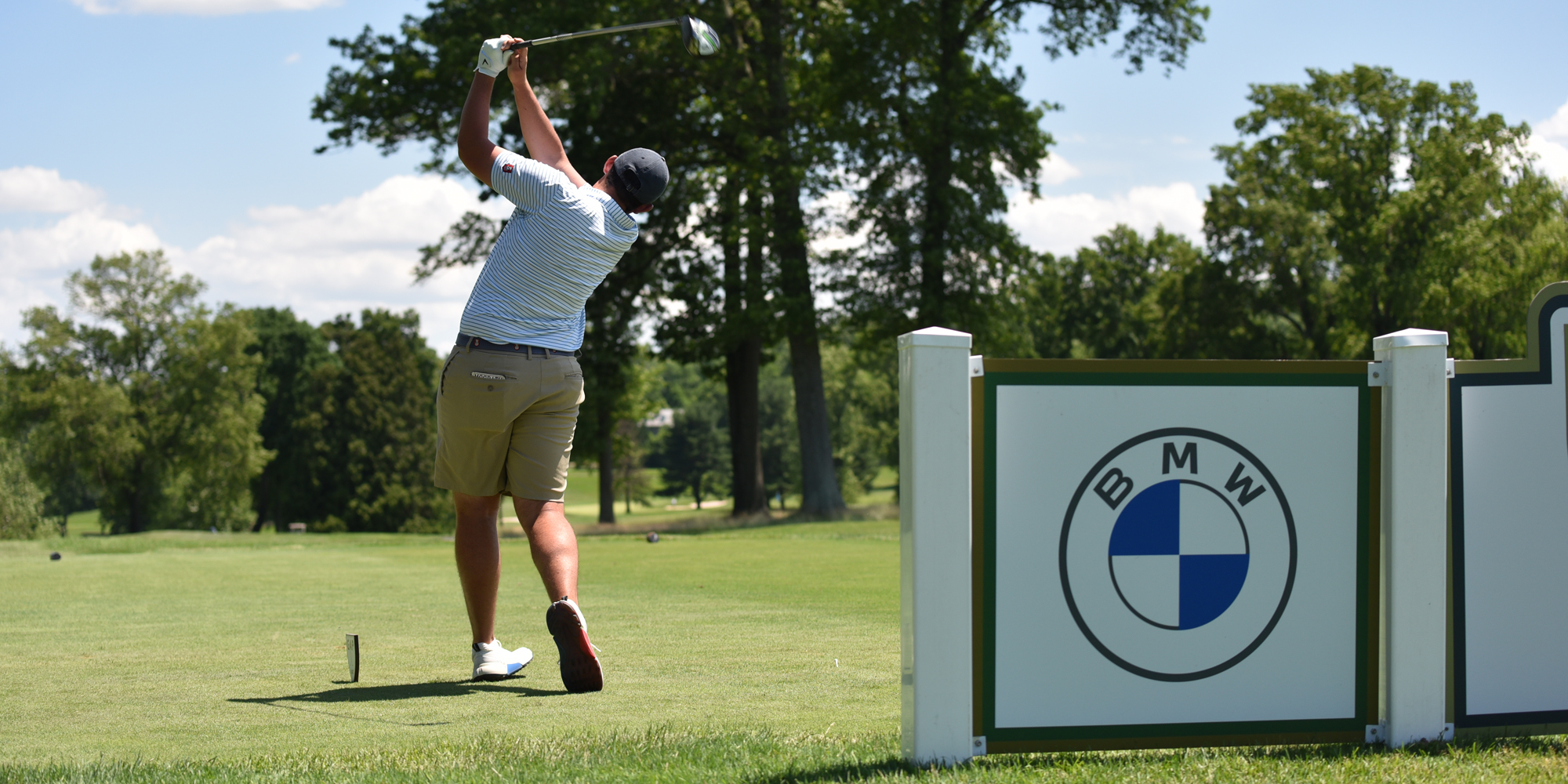Growing the game among topics at 10th Presidents' CouncilThe Golf Association of Philadelphia conducted its 10th Presidents’ Council March 26 at Waynesborough Country Club. More than 100 GAP Member Club presidents, general managers and club officials attended the seminar, which aims to educate key personnel on topics and issues affecting the golf industry. Featured speakers included Stephen Robinson, Director of Audit Services for McGladrey LLP; Mark Peterson, GAP Executive Director and Dottie Pepper, former LPGA Tour player and current ESPN golf analyst. Robinson focused on how clubs can achieve financial success and avoid financial distress. He outlined the Top 10 success factors, Bottom 10 of worst practices and Top 10 characteristics of top performers in the private club industry.
“In order to ensure that the strategic direction of the club is adequately monitored, performance toward meeting key goals and objectives should be captured on a scorecard that marries the board’s objectives and management’s techniques,” Robinson said. “How successful do you think a club will be if the goal is just handed down by the board or committee to management without any buy-in from the management team?” New GAP initiatives in 2014 will address growing the game and pace of play. The Association, in conjunction with the Philadelphia Section of the PGA, will launch a golf-in-schools program that introduces kids to the game and uses SNAG (Starting New at Golf) equipment. It will also distribute devices known as loggers during its tournaments and to any interested Member Club. “We’re proud to be the only golf association, outside of the USGA and the R&A, to have the loggers coming into our area this year,” Peterson said. “We’ll be able to pass them out so you can give them to your members and have them play a round of golf. You’ll be able to see how people play your golf course and the timeliness of it. We truly believe that gathering this data will help us all solve pace of play concerns and get people around the golf course in a quicker amount of time.” Pepper emphasized the value of youth and family programming at clubs. She equated the game’s growth potential to how the ski industry dealt with beginners and their families once snowboarding integrated its way into the sport. The longstanding mantra in the ski business, Pepper said, was to add more difficult terrain to gain a greater reputation for challenge. However, 90 percent of skiers spent 90 percent of their time on beginner or intermediate terrain. “Once the ski industry understood their efforts were misplaced and began to concentrate on providing expanded terrain for beginners, magic carpets for kids to learn on and a greater emphasis on family programming, skiing as an experience, and the industry, changed for the way better,” Pepper said. “The easier the initial experience, the more likely the player is to return to the game. The more accessible and enjoyable the experience, the more fun the game is.” Outside-the-box thinking when it comes to youth and family programming may allow clubs to thrive in their community, and, in turn, boost golf’s lifetime appeal. “I urge you to not be afraid to try something new,” Pepper said. “Think of it this way. The professionals who supposedly knew what they were talking about built the Titanic. The amateurs, when they were forced to try something new, they built the Ark. I think history will tell you they did OK.” Founded in 1897, the Golf Association of Philadelphia (GAP) is the oldest regional golf association in the United States and serves as the principal ruling body of amateur golf in its region. Its 149 Member Clubs and 55,000 individual members are spread across parts of Pennsylvania, New Jersey and Delaware. As Philadelphia’s Most Trusted Source of Golf Information, the Golf Association of Philadelphia’s mission is to promote, preserve and protect the game of golf.
Presentations Archives
|
About
Founded in 1897, GAP continues to champion golf for the benefit of the game in its region and beyond.
About HomeA Walk Through Time
GAP is the oldest state or regional golf association in the country. It started courtesy of a friendly competition – the Team Matches – and has grown into the preeminent golf association in the country. Along the way, golf history has been made.



